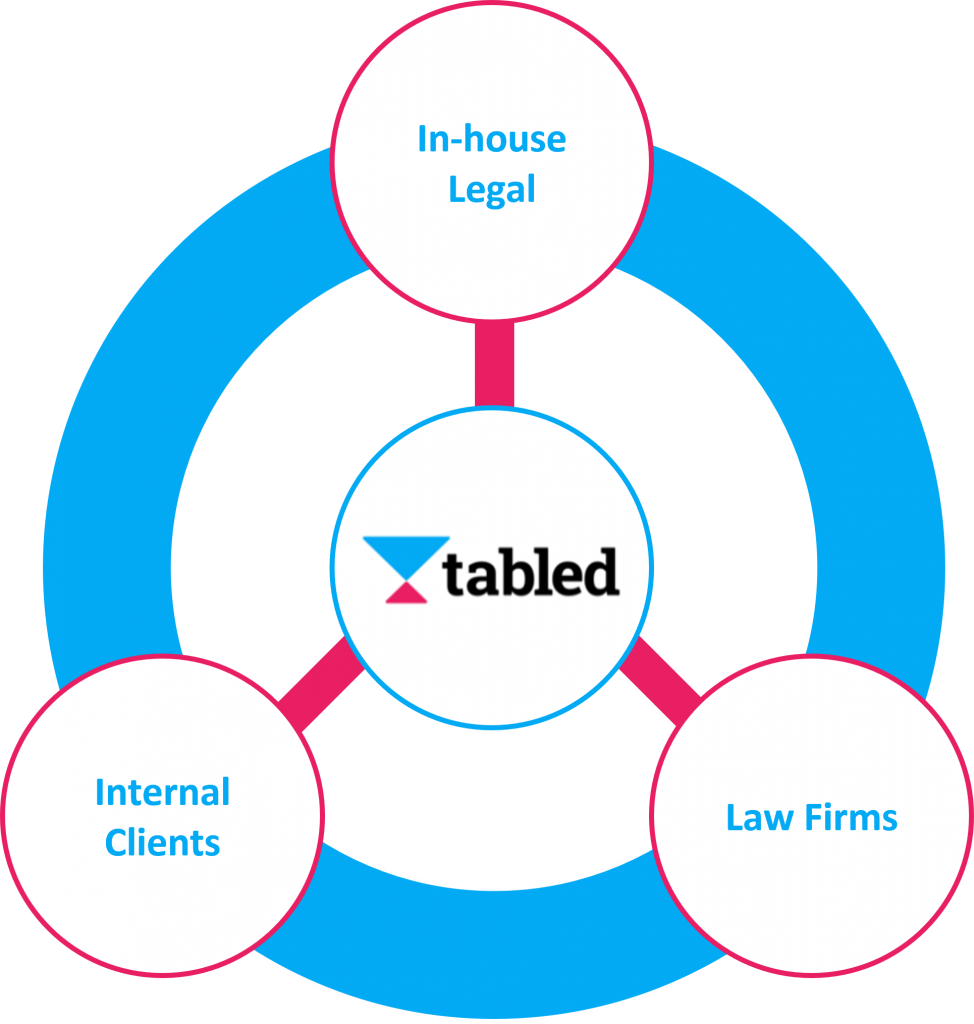With budgets getting tighter, many in-house legal teams are looking for ways to reduce costs.
Seeking to renegotiate the hourly rates charged by outside counsel is often a first port of call.

However, focussing on the billable hour can sometimes distract from other things in-house legal teams can do to reduce costs which:
In this article, we look at some of the ways in-house teams can seek to reduce external spend, no matter the hourly rates.
Finding ways to free up capacity within the team such that more work can be kept in-house will typically reduce the cost of that work by a lot more than reducing the hourly rate.
One place to start is to examine the efficiency of your legal workflows e.g.
As a bonus, addressing such issues does more than pave the way for reducing costs. Removing friction and inefficiencies makes for happier and more productive lawyers and less frustrated internal clients.
Another powerful way to free up in-house legal capacity is to find opportunities for the business to self-serve.
For instance, it is a common complaint that in-house lawyers often find themselves answering the same questions repeatedly.
Could these be turned into easily accessible FAQs?
For more complex queries – where the answer has a few moving parts – there is technology which can automate the process of collecting the relevant facts from a business stakeholder and directing them to the right answer, resource or next step. (Ask us about the no-code client self-service toolkit we launched earlier this year, as featured in Artificial Lawyer).
Building on the self-service theme, giving the business access to suitable templates and negotiation playbooks can further empower them to negotiate appropriate contracts with less – or no – input from the legal team.
It is also important to ensure that there is an easy and streamlined way for business users to access these resources. If not, legal teams often find themselves acting as post-boxes, having to respond to multiple emails every day requesting that they dole out the same templates (often ‘urgently’) over and over.
At the same time, there is a trade-off between giving business users unfettered access to such materials (e.g. on a shared drive / SharePoint) in a way that isn’t controlled by and visible to the legal team (Tabled can help with this!).
While document automation is nothing new, many assume it will be very complex and/or expensive to implement.
However, quick wins do exist.
A straightforward and user-friendly solution, such as that provided by Tabled, that speeds up the process of populating a template can save lawyer time – or enable business users to draft certain documents themselves, freeing legal to focus on more complex work that might otherwise have been sent to external firms.
In addition, faster turnaround times will always be popular with the business.
In addition to reviewing hourly rates, in-house teams can seek to reduce the eventual bill for work completed by external counsel by using Tabled’s panel management system to:
Another way to keep more work in-house is to take advantage of flexible resourcing options, bringing in additional headcount as and when needed.
To do this successfully, you need to focus on ensuring that lawyers or paralegals coming into the team on this basis can ‘read in’, ramp up and generally integrate with the team/company as quickly as possible.
A good matter management and collaboration system like Tabled can help by providing new joiners with a ‘single source of the truth’ and links into their key colleagues, stakeholders and resources.